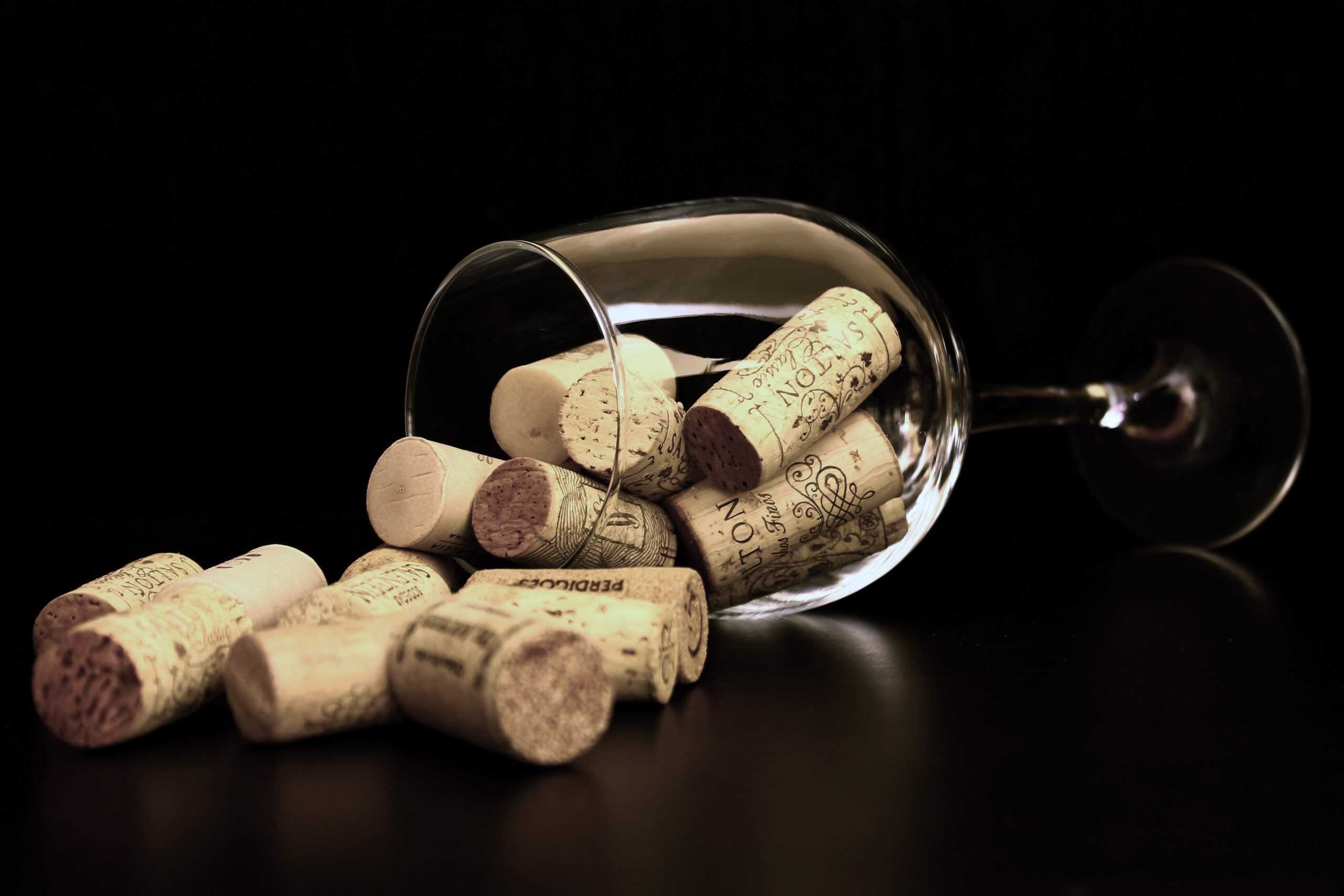
-
ONGOING DEMOGRAPHIC SHIFT
Baby boomer’s wine purchases will diminish as they continue to leave the workforce. Unfortunately, research indicates that younger consumers are not picking up the spending baton to replace boomer’s wine spending power. Thanks to high house prices, GFC career interruptions, the craft beer and spirit loving Generation X are more frugal and less engaged with wine. Wineries must engage more with younger customers…ignore them at your peril…they will soon outnumber boomers.
-
COVID INFLICTED DAMAGE TO CELLAR DOOR & RESTAURANT SALES
For smaller wineries, on-premise direct sales not only make up a large portion of sales, but are at a higher profit margin than wholesale sales. Additionally, on-premise activity is often where wine club members (similarly profitable) are recruited. Reduction in this activity from COVID travel restrictions will deal a disproportionately heavy financial blow. These sales will likely take years to recover to pre COVID levels. To remain viable wineries must compensate this financial loss.
-
TRADE UNCERTAINTY
Globalisation has peaked and countries are now becoming increasingly protective. Result is Australia – China geopolitical “trade war”. At risk for Australia is its largest wine export market, China, valued at $1.2billion or 42% of exports. By comparison, New Zealand’s biggest export market (USA) represents 32% of exports value (and interestingly China at 1%). Comparatively Australia is at high risk from China trade tensions, but increasingly as countries become more protective there should not be an over reliance on any single country. Wineries should review and balance geographic sales portfolios.
-
COVID CATALYST to E-COMMERCE
COVID has accelerated the use of e-commerce. The danger for smaller wineries is that the bigger players will increasingly dominate the off-premises e-commerce channels. Although these channels are not as profitable as direct to consumer channels, they should not be ignored. They balance the channel/mix risk, and it’s not clear now how they may develop. As e-commerce develop it is possible that separate channels may evolve that are better suited for smaller wineries. McKinsey believe that different partners will create “inter-connected service platforms” – in this context for wineries it could be partnering on a food or tourism platform. Wineries should monitor market development and enter into appropriate e-commerce sectors and platforms.
-
CHANGING VALUES
Increasingly, accelerated by COVID, and the underlying demographic shift, wine attitudes, values and tastes are definitely changing.
Tipple of choice: Total alcohol sales are little changed in USA, but craft beer and premium spirits are increasing. In Australia alcohol sales are generally declining with perhaps the exception being spirits. These trends are probably largely driven by younger consumers who see the attractive benefits in the cost advantage, brand personality, and ease of understanding and storing these drinks.
Ecological/sustainability: This is becoming increasingly important for consumers. Many wineries, including world leaders, are switching to organic or biodynamic practices.
Health: There does not appear (yet) to be a full blown health driven turn away from alcohol, with overall consumption trends being more driven by demographics change. But perhaps, as NZ is doing, researching and promoting lower alcohol wine may have merit.
Packaging: In USA, 2019, different research has shown decreases in standard 750ml wine bottles, but increases in 375ml, 500ml, 3 litres, premium bag-in-a-box, cans and Tetra Paks. These changes reflect preferences and lifestyles of the changing demographics. But COVID driven changes, e.g. increased food take-aways, may well accelerate these trends.
Community/Purpose: For younger consumers, helping and connecting with local community is an important consideration influencing buying decisions.
Wineries should not ignore these trends. The impact on these trends need to be understood and dealt with accordingly. Practical hints to follow in part 2.
Gary Campbell is a Principal for the CFO Centre based in Victoria. He is a chartered accountant, an MBA, has a passion for wine, formal wine qualifications, and advises winery (and other sector) clients. See Gary’s profile here
Hire a superstar part-time CFO
To help you increase cash, profit and valuation and free you up from the burden of day-to-day operations.
